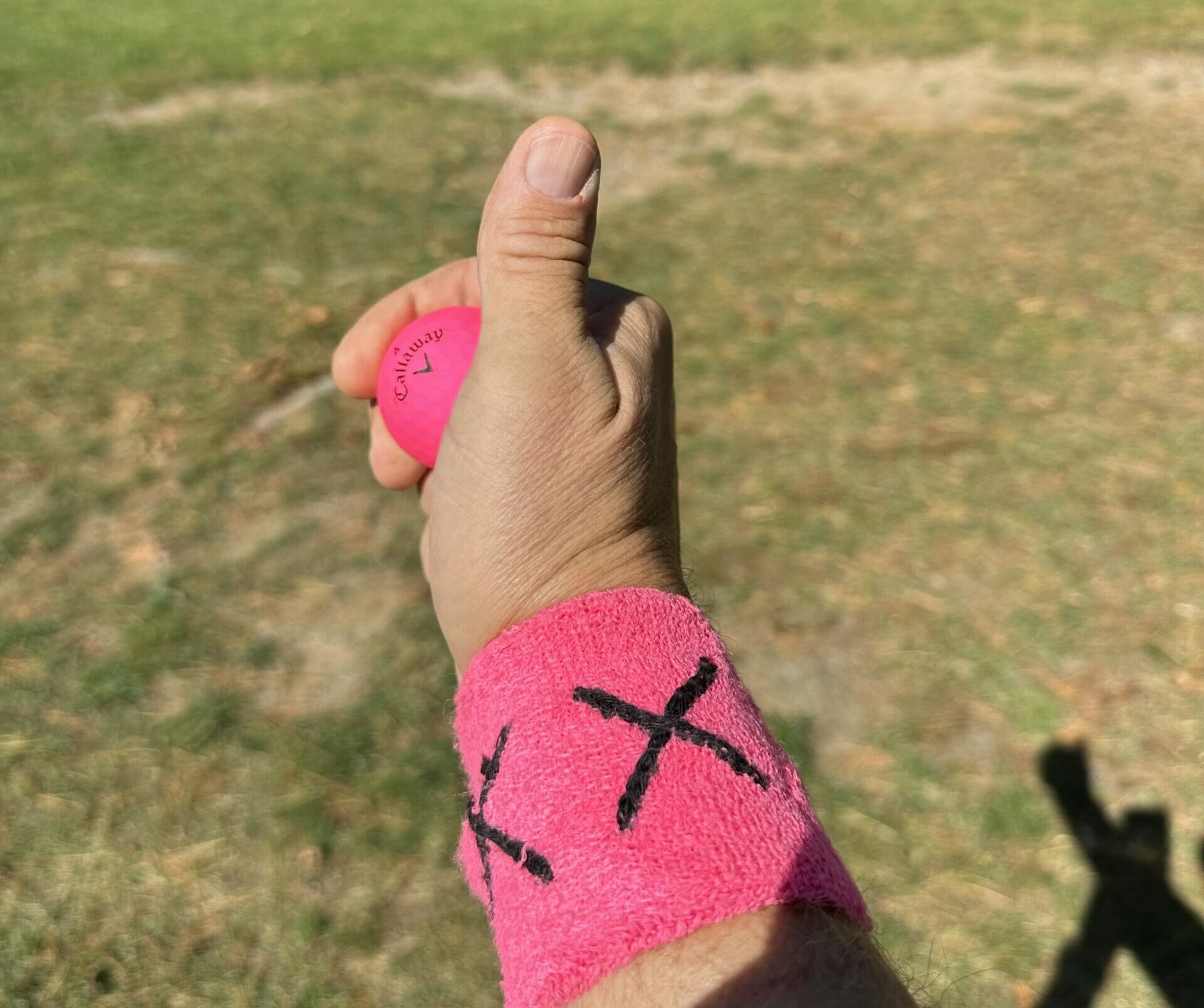Bow High School has been hit with a lawsuit on behalf of the pro girls-only sports parents who wore pink wristbands to their daughters’ soccer game earlier this month, a story that has brought national scorn to the affluent, liberal community.
The lawsuit, filed in the U.S. District Court for the District of New Hampshire, alleges that school officials violated the parents’ First Amendment rights by banning them from school grounds and events for wearing the pink wristbands as a form of silent protest during the Sept. 17 match.
The Institute for Free Speech and local counsel Richard J. Lehmann filed the lawsuit on behalf of Kyle Fellers, Anthony “Andy” Foote, Nicole Foote, and Eldon Rash. The lawsuit names Superintendent of Schools Marcy Kelley, Principal Matt Fisk, and Athletic Director Mike Desilets, as well as Bow Police Lieutenant Phil Lamy and soccer referee Steve Rossetti.
As first reported by NHJournal, local soccer parents Fellers and Anthony Foote were slapped with “No Trespass” orders by Bow Superintendent of Schools Marcy Kelley after they wore pink wristbands with “XX” written on them to a soccer game. Bow was playing Plymouth Regional High School, a team with a biological male on the roster.
“School officials, along with a police officer, confronted the parents during the game, demanding that they remove the wristbands or leave. When the plaintiffs refused, citing their First Amendment rights, they were threatened with arrest for trespassing. The referee then stopped the game and said that Bow High School would forfeit if the plaintiffs did not remove their wristbands,” according to a statement from the Institute for Free Speech.
In her “No Trespass” order, Kelley accused Foote and Fellers of violating school rules against “threatening, harassing, or intimidating…any person” by sitting silently at the sidelines wearing the wristbands.
Kelley also claimed the wristbands violate its policy “that no person shall ‘impede, delay, disrupt or otherwise interfere with any school activity.” She also claimed, without offering evidence, that “the District had to obtain additional police presence to ensure order.”
Video of the game shows there was no chanting, sign-waving, or other evidence of “disorder” along the sidelines.
When news of the no trespass orders first broke, speculation immediately began that the school system would face legal action in response. That response has begun.
“Over 50 years ago, in the Tinker case, the Supreme Court held that all Americans have the right to silently protest the Vietnam War by wearing a black armband to school,” noted Institute for Free Speech Senior Attorney Del Kolde. “Today, the political debate is different, and the wristbands are pink, instead of black, but the First Amendment protects our clients no less today than it did 50 years ago. Applying these policies to ban pink wristbands as a silent show of support for women’s sports is unconstitutional viewpoint discrimination.”
The Institute for Free Speech is a D.C.-based nonprofit with a stated mission to “promote and defend First Amendment rights.”
The organization scored a victory earlier this month when it won a preliminary injunction allowing a New York City woman to resume serving on her local school board after city education officials removed her for criticizing an anonymous anti-Israel editorial published by the student newspaper at Stuyvesant High School.
“When several parents and a grandfather decided to wear pink wristbands at their children’s soccer game in support of protecting women’s sports for biologically female athletes, school officials threatened to have them arrested for trespass and nearly forced their children to forfeit the game,” the lawsuit alleges.
“They conspired with a local police officer and soccer referee to intimidate parents, enforce the school’s unconstitutional rules, and prevent anyone from exercising their rights to speech, petition, and assembly. Following that game, the school banned those who dared to take a stand from not just future games, but from all other school property as well.”
The lawsuit asks the court to stop the school from using its policies “to restrict non-disruptive expression of political or social views at extracurricular events.”
Andy Foote is a military veteran. In a statement, he referenced his service abroad.
“The idea that I would be censored and threatened with removal from a public event for standing by my convictions is not just a personal affront—it is an infringement on the very rights I swore to defend,” he said. “I spent 31 years in the United States Army, including three combat tours, and the school district in the town I was born in—the one my family has seven generations of history in—took away those rights. I sometimes wonder if I should have been here, fighting for our rights, rather than overseas.”
In its statement, the Institute for Free Speech says the lawsuit “also seeks to allow the plaintiffs to attend their children’s school events, including the ongoing soccer season and silently express their views on political and social issues, including protecting women’s sports. Without swift court intervention, the parents will endure continued censorship and disruptions to their lives, and risk missing their daughters’ games and other important school activities.”
Foote’s no trespass order ended on Sept. 23. Fellers, on the other hand, remains under the order until the end of the fall sports season.
“Parents don’t shed their First Amendment rights at the entrance to a school’s soccer field,” Fellers said. “We wore pink wristbands to silently support our daughters and their right to fair competition. Instead of fostering open dialogue, school officials responded with threats and bans that have a direct impact on our lives and our children’s lives.
“And this fight isn’t just about sports—it’s about protecting our fundamental right to free speech.”


